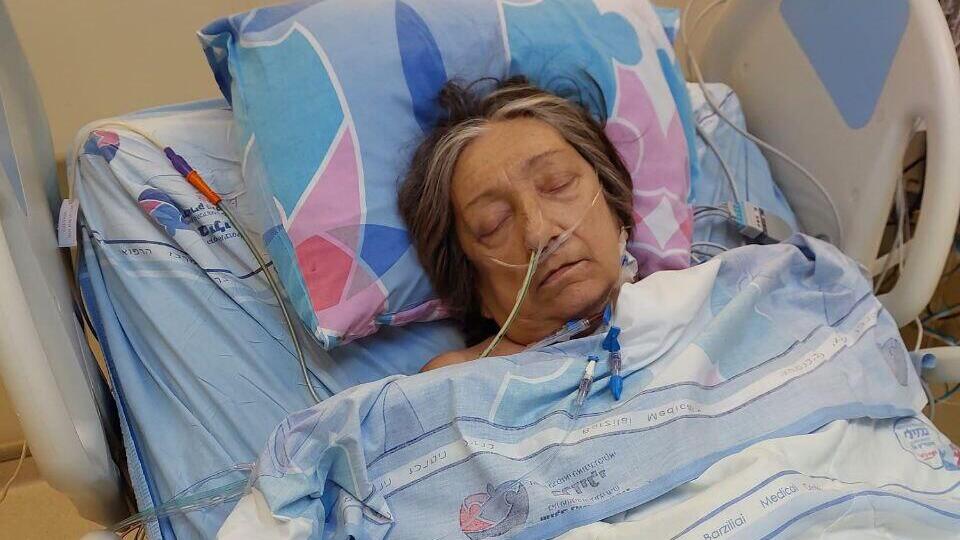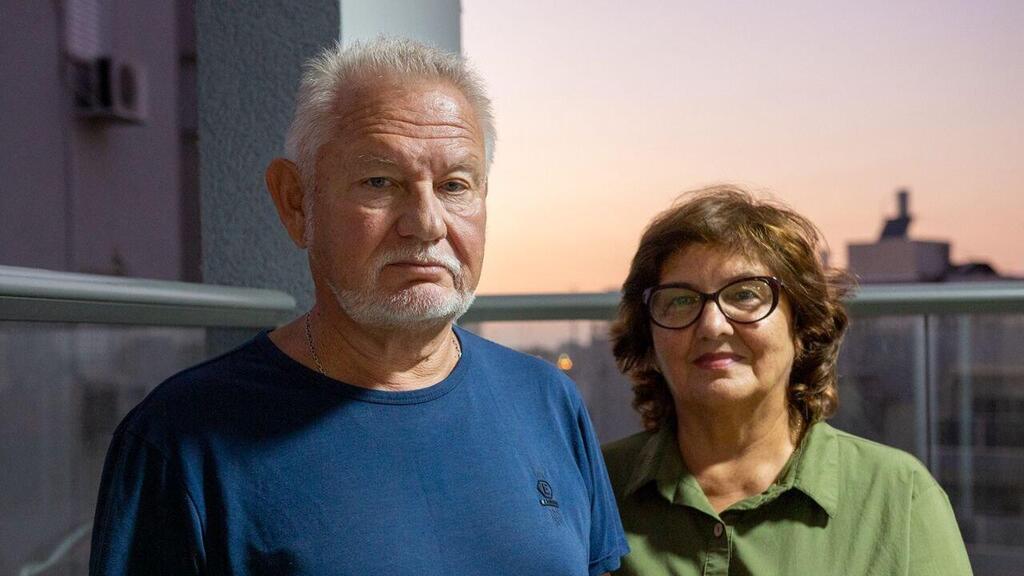A 65-year-old Ukrainian refugee was told to leave the care facility she had been living in because she had lost her medical insurance after the Finance Ministry blocked an extension that would have allowed HMOs to treat her. She was later charged for her dialysis treatment at the Barzilai Medical Center in Ashkelon. Ella Platkin is among the 14,000 refugees who sought shelter in Israel, after the Russian invasion of Ukraine in February 2022 and are now left without medical insurance.
More stories:
The Welfare and Social Affairs Ministry has confirmed that the funding was not extended and has also called on the Prime Minister's Office to intervene. "Unfortunately, the government did not extend the medical insurance funding, and we urge both the Finance Ministry and the Prime Minister's Office to promptly address this issue."
Platkin who arrived last March, was hospitalized for a month for treatment. Upon her release from hospital, she was told she would need dialysis to treat her kidney disease and was sent back to the care facility.
We were told on Wednesday, that she can no longer be treated in the facility," a family member said. "She was taken by ambulance to the Barzilai hospital but they refuse to admit her. She needs oxygen and dialysis, which she was ultimately given but the cost is NIS 1300 ( $350) and she needs it four times a week. We cannot make such payments," he said. "We don't know what to do. Ukrainian refugees will die in Israeli hospitals. No one is providing us with answers or help," he said.
Platkin is not alone. Ina Dovrintzky's parents Irina who is 63 and 67-year-old Yuri, fled the war. Although their daughter had immigrated to Israel seven years ago, they are not eligible for Israeli citizenship under the Law of Return.
"The war caught us by surprise and we could not rest until we got them here," Ina said. "They are both suffering from chronic ailments including high blood pressure and we were told they would be provided with medical insurance. Now, my father who has glaucoma, cannot receive his medication and could lose his sight," she said.
"All their prescriptions were revoked, and they have at most, a month's worth at home. I don't know what to do or where to go. We have been seeing to all of their needs: housing and food and have not asked for help from the state. We tried to get them on a private insurance plan but because of their age and condition, they were denied," she said.
Non-profits assisting the refugees are well aware of the problem. "No one chooses to be a refugee. They were forced to escape war, death and destruction," Orly levinson-Sela, the Public Awareness and Advocacy Coordinator at ASSAF and aid organization for refugees and asylum seekers in Israel. "The decision of the Israeli government to take a small number of Ukrainian refugees in, was the right one but deserting them to a life of poverty, illness and vulnerability is unacceptable and unconscionable. We call on the government to stop stalling and take immediate action before lives are lost."
A number of groups advocating for the refugees have appealed to Prime Minister Benjamin Netanyahu and Finance Minister Bezalel Smotrich to resolve the problem.
"The Finance Ministry's decision not to extend the medical insurance for Ukrainian refugees will cause critical harm to their health. Thousands will be cut off from medical care. We call on the government to find the solutions needed in order to change this decision," they said in a joint letter.
After Ynet's intervention. The Barzilai Hospital conceded to fund a limited number of dialysis treatments for Ella Platkin.




